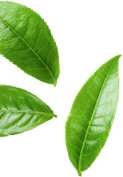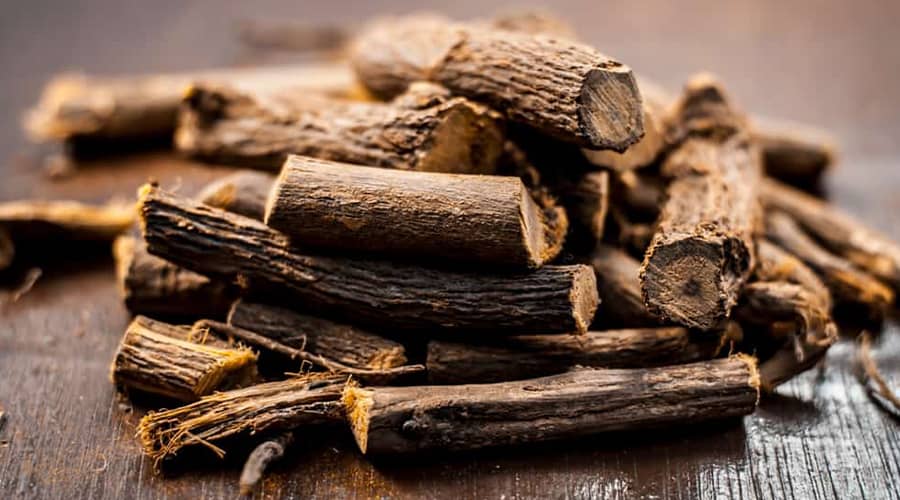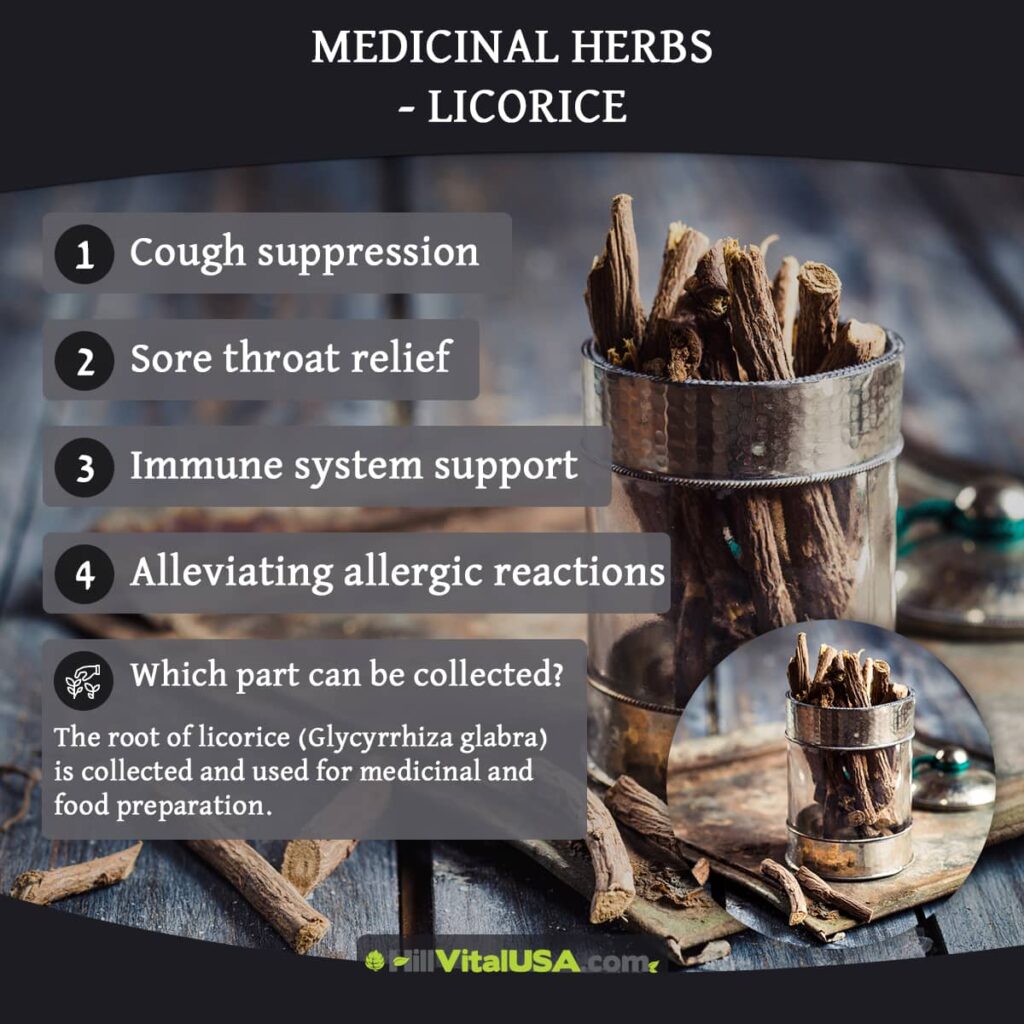



Licorice, known scientifically as Glycyrrhiza glabra, is much more than a sweet treat. For centuries, this remarkable herb has been a cornerstone in traditional medicine systems, particularly in Asia and the Middle East. While its distinct flavor may not be for everyone, the real treasure lies in the health-enhancing properties of its root. Yes, it’s the root of the licorice plant that holds the key to its wide array of healing benefits.
Today, modern research supports what ancient healers already knew — the benefits of licorice extend far beyond its taste. From cough suppression to immune system support, licorice root is gaining recognition as a natural remedy with scientifically backed results.
One of the most widely recognized benefits of licorice is its ability to soothe the throat and relieve coughs. The root contains compounds like glycyrrhizin, which have anti-inflammatory and soothing properties. When used as a tea, lozenge, or syrup, licorice can help calm irritated mucous membranes and reduce coughing — making it especially useful during cold and flu season.
Licorice root also forms a protective film over the throat, which not only helps with coughs but also relieves sore throats. In fact, gargling with licorice extract before surgery has been shown in clinical studies to significantly reduce postoperative throat pain.
Another lesser-known but important benefit of licorice is its impact on the immune system. Glycyrrhizin, a key active compound found in the root, has demonstrated antiviral and antimicrobial activity in various studies. It’s known to stimulate the production of interferon, a protein that plays a crucial role in the body’s defense against viruses.
Regular but moderate consumption of licorice tea or supplements may help the body better resist infections, especially respiratory illnesses. As a result, licorice is often included in herbal formulations designed to strengthen the immune system naturally.
Licorice root’s anti-inflammatory properties make it useful in managing allergic responses. The root helps regulate cortisol levels, which can reduce inflammation throughout the body. This effect is particularly helpful for individuals who suffer from seasonal allergies, asthma, or skin conditions triggered by histamine reactions.
Additionally, licorice contains flavonoids that act as antioxidants, further protecting tissues from oxidative stress caused by allergens and environmental toxins. This makes it an appealing option for those seeking a plant-based remedy to relieve allergy symptoms without the drowsiness associated with many over-the-counter medications.
In herbal medicine, the part of the plant most commonly used is the root. Licorice root is typically dried and processed into powders, extracts, teas, and capsules. It’s important to note that not all products labeled as “licorice” contain real licorice root; many candies and sweets use artificial flavoring or anise oil instead. When seeking the benefits of licorice, look specifically for products that list Glycyrrhiza glabra root as the active ingredient.
While the benefits of licorice are numerous, it’s essential to consume it responsibly. Excessive intake of glycyrrhizin can lead to elevated blood pressure, potassium loss, and other imbalances. Individuals with heart disease, kidney issues, or high blood pressure should consult a healthcare provider before using licorice supplements.
For those concerned about glycyrrhizin, there are deglycyrrhizinated licorice (DGL) products available. DGL retains the soothing and anti-inflammatory properties of licorice without the compound that may cause side effects in sensitive individuals.
From calming a persistent cough to strengthening your immune defenses, the benefits of licorice are both diverse and well-documented. By incorporating licorice root into your natural wellness routine — whether as a tea, tincture, or supplement — you can tap into an age-old remedy backed by modern science.
Always choose high-quality, authentic licorice root products, and consult a healthcare professional if you have underlying health conditions. With thoughtful use, licorice can be a safe and effective addition to your herbal medicine cabinet.






